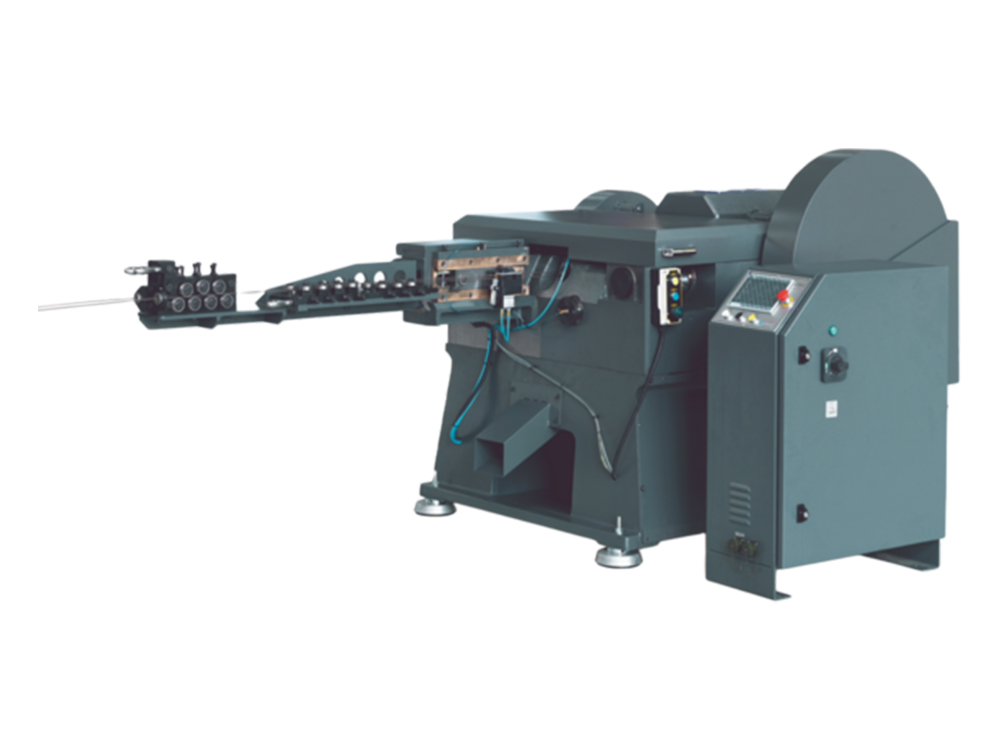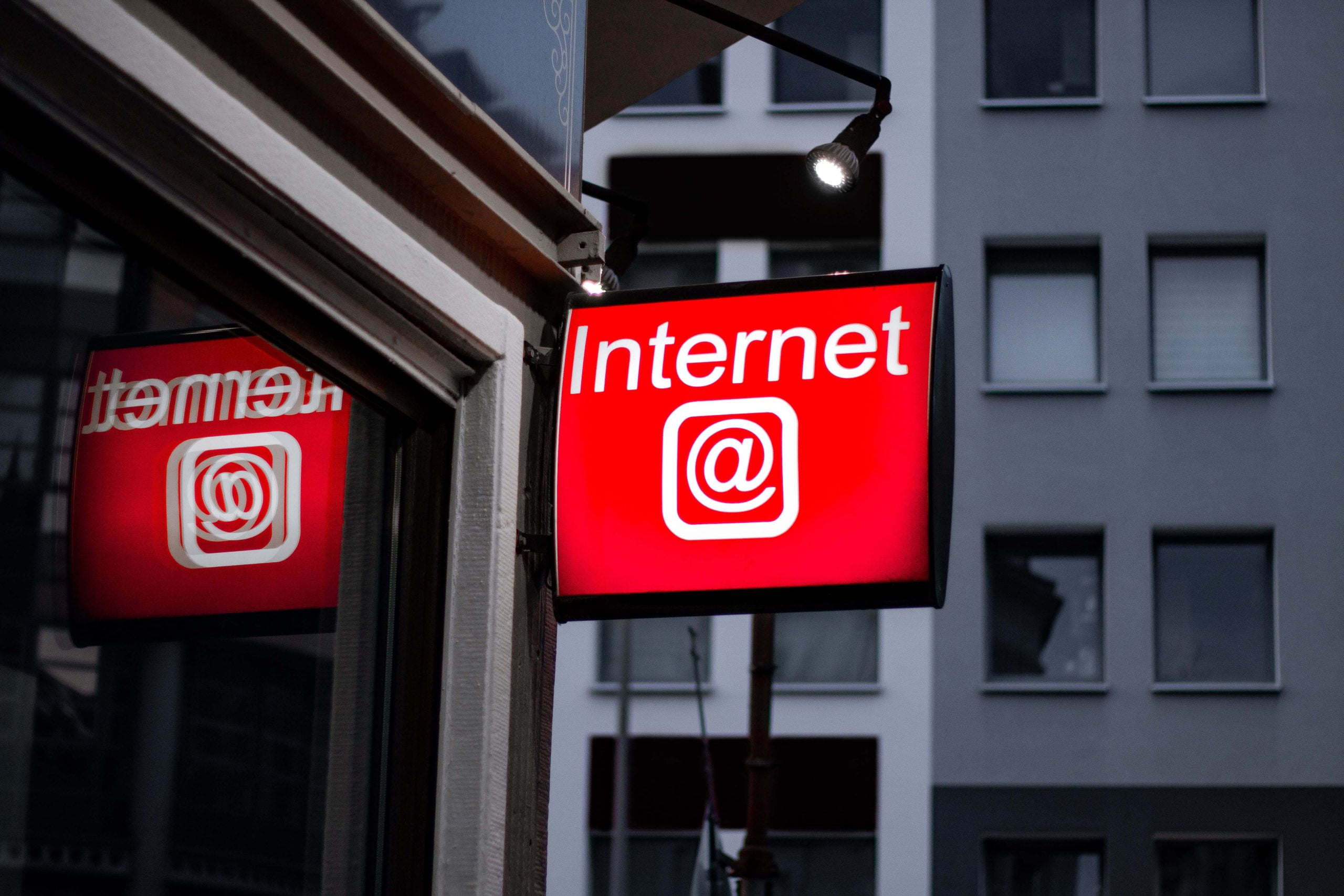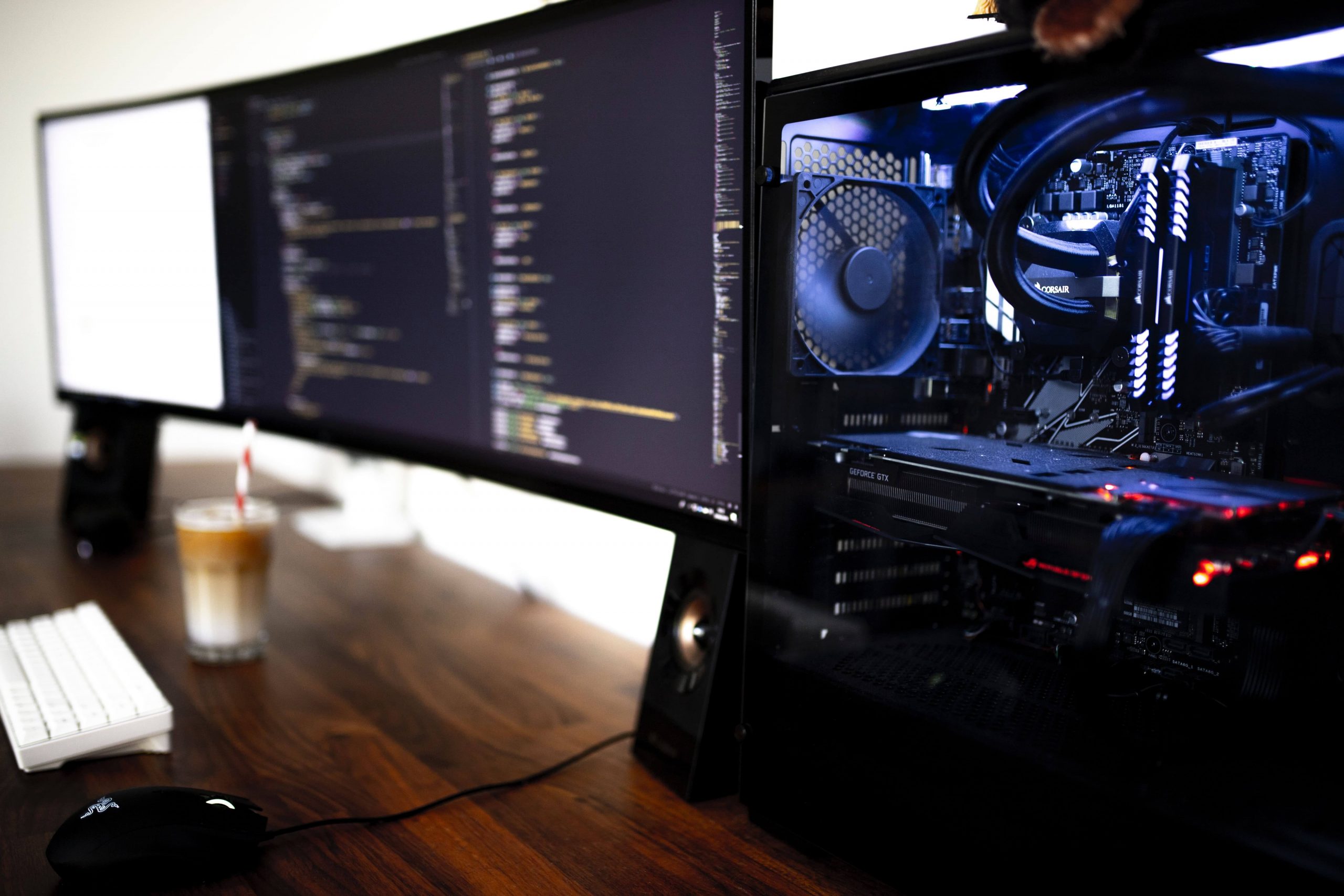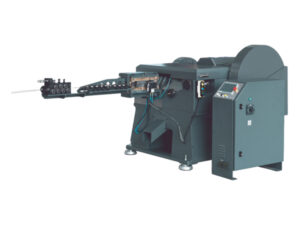Key Takeaways
- Regular maintenance of solar panels ensures they operate at peak efficiency.
- Cleaning solar panels can significantly boost their performance and longevity.
- Understanding environmental impacts and local weather conditions helps optimize maintenance schedules.
Regular solar panel maintenance is essential for maximizing efficiency and extending the lifespan of your system. Routine cleaning, inspection for damage, and monitoring performance help ensure panels operate at peak efficiency, preventing potential issues from escalating. Proper upkeep not only boosts energy output but also protects your long-term investment.
Why Solar Panel Maintenance Matters
Switching to solar energy can help people combat climate change and reduce air pollution. Purchasing solar panels is an extensive choice that requires both financial and environmental commitment. Home and business owners worldwide consider solar power a sustainable and efficient energy solution. However, regular maintenance is essential to get the most out of these systems. Maintaining, including solar panel washing, keeps panels operating at their best, ensuring they generate the maximum possible energy.
Regular maintenance of solar panels involves understanding how external factors like weather conditions and environmental debris affect performance. This comprehensive approach maximizes efficiency and extends the lifespan of your solar panel system, ensuring panels function correctly and identifying potential issues before they cause significant damage or inefficiency.
Boosting Efficiency with Regular Cleaning
Solar panels are exposed to various environmental factors to get as much sunlight as possible. Dust, bird droppings, pollen, and industrial residues can accumulate on the surface, obstructing sunlight from reaching the solar cells. This buildup can drastically reduce efficiency. Regular solar panel cleaning can enhance energy yield by ensuring the maximum light reaches the panels. According to Weather.com, areas with high pollution or frequent dust storms may need more frequent cleanings to maintain optimal performance.
Cleaning reduces efficiency by removing both apparent dirt and tiny particles. Proper cleaning prevents damage from abrasive particles or chemical reactions, extending panel surface lifespan and sustaining optimal energy production. This proactive approach extends the panel’s operational lifespan.
Understanding Local Weather Impacts
Local weather patterns influence the frequency of solar panel cleaning. Heavy rainfall areas may naturally clean panels, but periodic professional cleaning may be necessary to remove stubborn residue. Arid regions may experience frequent dust buildup due to winds, requiring more consistent cleaning schedules. Understanding the local environment helps plan effective maintenance strategies, considering seasonal changes like pollen season and wildfires. Pollen season can leave a sticky residue, while wildfires may cause ash and soot accumulation, necessitating immediate cleaning to prevent long-term damage and inefficiency.
Protecting Your Investment
Since solar panels are expensive, regular maintenance is essential to keeping them safe. Frequent inspections can find problems early on and fix them quickly, such as hail or debris-related physical damage. Ignoring these problems can result in more widespread harm, which lowers lifetime and efficiency. Regular maintenance also prevents minor issues from escalating into major problems, such as loose wiring or corrosion, which can cause power losses and fire risks. Regular inspections and timely repairs ensure the system’s safety and operationality, protecting your investment for the long term.
Best Practices for Solar Panel Cleaning
To maintain solar panel efficiency:
- Use soft brushes or sponges with soapy water to gently remove dirt and debris.
- Avoid harsh chemicals that can degrade protective coatings.
- Follow manufacturer guidelines on cleaning techniques to avoid warranties voiding or causing damage.
- Turn off the solar panel system before cleaning to avoid electrical shocks.
- Clean during reasonable times of the day to prevent rapid evaporation of cleaning solution.
Regular checks for bird nests or obstructions near panels can prevent shading issues and keep panels operating efficiently. Energy.gov provides guidelines on cleaning techniques.
DIY vs Professional Cleaning Services
The choice between DIY cleaning and professional services depends on installation size, accessibility, and personal comfort. DIY cleaning can save money but requires knowledge of proper cleaning techniques and safety precautions. Professional cleaning services offer thorough, risk-free cleaning, ensuring no damage to solar panels. They have the expertise and equipment to clean panels efficiently and safely, often offering warranties. The choice between DIY and professional services ultimately depends on your circumstances and preferences.
Scheduling Regular Inspections
For solar panel systems to remain efficient and last a long time, regular checks by a competent expert are essential. These inspections can identify minor issues like loose wiring, corroded connections, or panel degradation that may not be visible through visual checks. They also assess the system’s overall health, including inverters and mounting hardware. Regular inspections ensure clean panels and offer insights into potential upgrades or improvements to enhance system performance.
Conclusion: Maximizing Your Solar Investment
Regular cleaning and maintenance are necessary for solar panels to function as best they can and survive as long as possible. Understanding the impact of local weather, using proper cleaning techniques, and considering professional services when necessary ensure your solar investment shines bright for years. Keeping a regular maintenance schedule and staying proactive about inspections safeguards your investment and contributes to your energy consumption’s sustainability and efficiency.

















